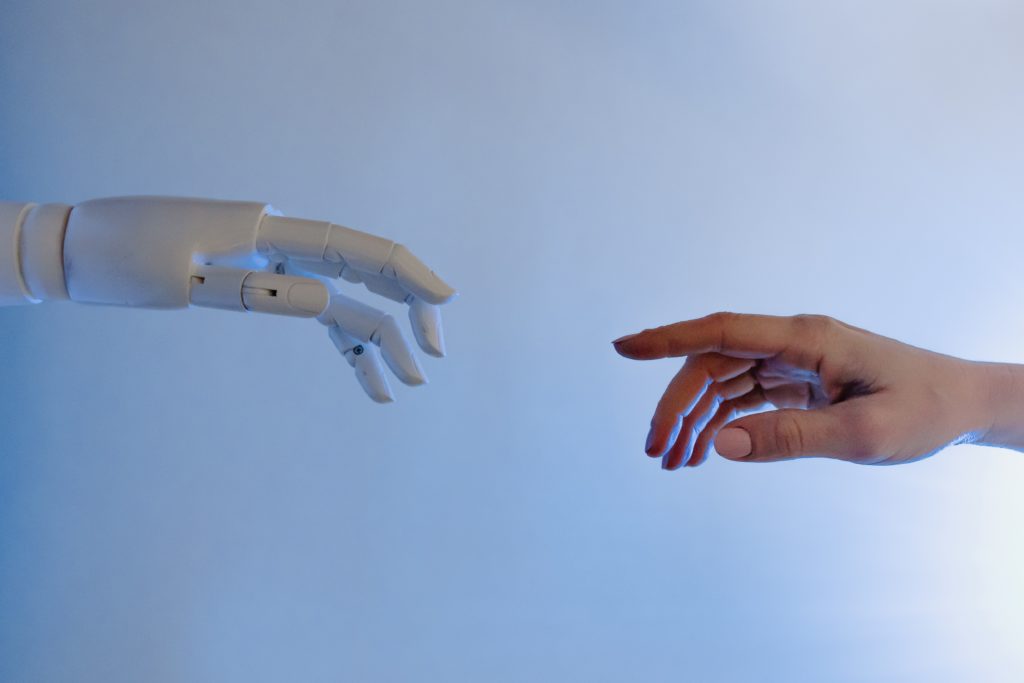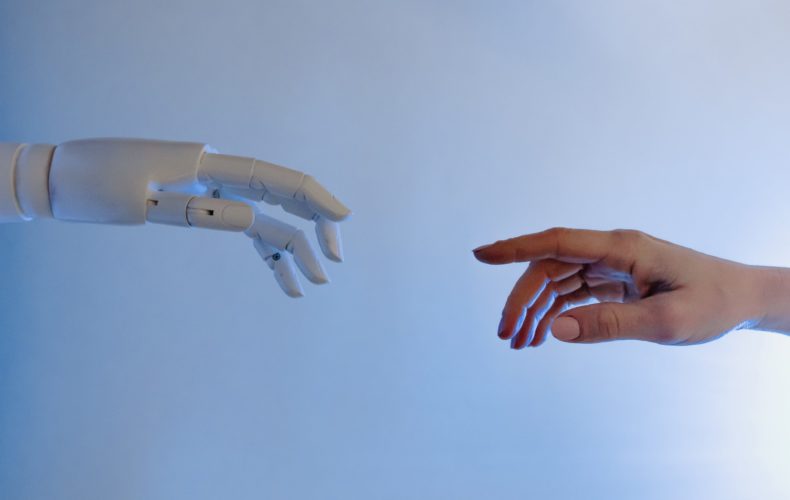One of the dirty little secrets in the worlds of business, technology, and just about every other industry that you can think of is that “disruption” is only a bad thing if you’re the one being disrupted.

One minute, Wall Street is cut off to everyone but the largest among us. The next, a group of savvy “nobodies” on Reddit used the Robinhood app (among others) to disrupt the entire system. With one beautifully simple move, they changed the game – likely forever. It’s time to start paying attention to others who are trying to do the same.
Case in point: ChatGPT and You.com. Both are leveraging artificial intelligence in entirely different ways, and both are poised to upend what we know about the Internet along the way.
Disruption Today Can Create a Better Tomorrow
The concept of a chatbot – that is to say, a digital service that can answer basic questions and respond conversationally the way a human might, is nothing new. They’ve been used in the customer service field for years. But ChatGPT, the AI-powered chatbot that only launched in November 2022, is something entirely different.
It all began innocently enough. It’s a deceptively simple tool that allows you to create original text by giving it a prompt, by asking it questions, and through other straightforward tasks. It’s easy to use, it functions essentially like a normal chatbot, and for a short time after it launched, it went largely unnoticed.
A very short time. Flash forward to today, and ChatGPT is poised to become the fastest growing mobile app in history with over 100 million monthly active users in just three months. Everyone is trying to get in on the action – to the point where Microsoft recently invested billions of dollars in the tool’s parent company, OpenAI.
Why? Because people understand that for impressive as ChatGPT already is, the surface of its full potential hasn’t even been scratched yet. Such is the nature of artificial intelligence – it gets better, smarter, and more efficient the longer it is used.
The same is true of You.com – dubbed as the “AI search engine you control.” It’s a privacy-focused search engine that, on the surface, looks a lot like Google. But rather than displaying a list of links to any query as Google does, You.com uses artificial intelligence to accurately summarize web results using various categories.
Rather than simply showing you what it thinks you want to see, as is true with other engines, You.com gives you total control over the experience. You can sort through the results, emphasizing what you want and what you don’t, all via an innovative interface that promises to never sell your data and to always put the user first and foremost.
So what do these two disruptors have in common? One factor, obviously, is artificial intelligence. But the other is that they both take concepts that were once innovative that were allowed to grow stale. They examine what works, what doesn’t and, using the power of AI, innovative the experience all over again. They used the past as a rock solid foundation upon which the future can be built.
Think about it this way: how much has life changed since Google first debuted in the 1990s? It became so synonymous with Internet search that “to Google” became a verb. But when was the last time it was truly innovative? When was the last time it pushed the envelope?
That’s exactly what both ChatGPT and You.com are attempting to do in their respective areas and, by all accounts, it very much seems to be working.


